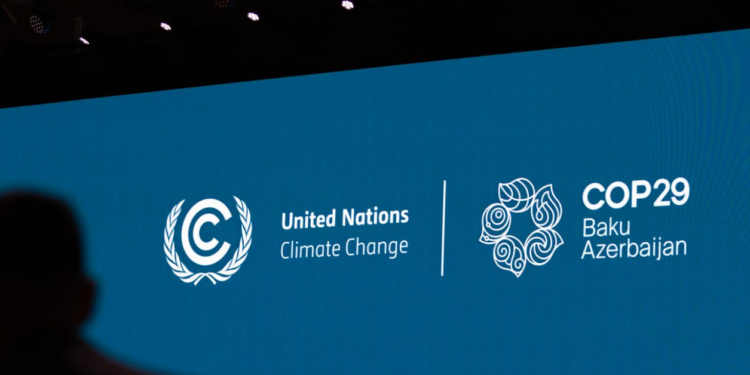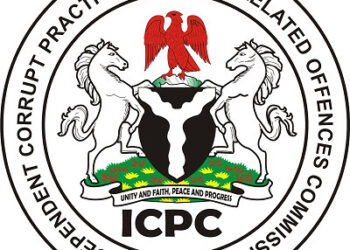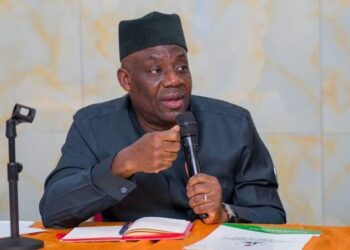Tensions are running high at the ongoing COP29 climate summit in Baku, Azerbaijan, as world leaders clash over a draft agreement that critics say undermines last year’s commitment to reduce reliance on fossil fuels. Delegates from nearly 200 nations have gathered to decide the next steps in combating climate change, but disagreements over mitigation and financing threaten to derail progress.
UK Energy Minister Ed Miliband expressed frustration at the perceived lack of ambition in the draft text, warning that “standing still is retreat, and the world will rightly judge us very harshly if this is the outcome.” The UK, European Union, Ireland, and New Zealand have labelled the proposed deal “unacceptable,” claiming it backtracks on the historic fossil fuel reduction agreement reached at COP28 in Dubai.
At the heart of the dispute lies a complex trade-off: wealthy nations are pushing for stronger commitments to phase out fossil fuels, while developing countries demand concrete financial support to address the climate crisis. However, the current draft fails to deliver on either front, fueling discontent on all sides.
Developing countries, led by the G77+China bloc, have called for $1.3 trillion in climate finance by 2030 to help them transition away from fossil fuels and prepare for the impacts of extreme weather. Yet the draft agreement contains no specific funding commitments, leading to sharp criticism.
Diego Pacheco, Bolivia’s chief negotiator, described the situation as “an offence to the demands of the global south,” accusing wealthy nations of failing to honour their obligations under the Paris Agreement. “This is a finance COP, and it needs political will to provide finance. Anything less is a betrayal,” he declared.
Small island nations, represented by Samoan minister Cedric Schuster, echoed these sentiments, emphasizing the urgent need for meaningful action. “We cannot afford to undermine the progress achieved less than a year ago in Dubai,” Schuster said.
Developing countries are also pressing for clarity on how much funding will come from grants versus private loans. Many fear an over-reliance on loans could exacerbate existing debt burdens, further deepening economic disparities.
Meanwhile, oil-rich nations and members of the Arab Group, including Saudi Arabia, have resisted calls for stronger fossil fuel reduction pledges. Some delegates, including EU Climate Commissioner Wopke Hoekstra, have accused Azerbaijan, the summit host, of favouring these nations in the draft text.
“This draft is unbalanced, unworkable, and unsubtle,” Hoekstra said, pointing out that it appears to interpret last year’s agreement as optional rather than binding. Ireland’s Environment Minister Eamon Ryan similarly criticized what he called “backsliding” on fossil fuel commitments, warning that “if we do not get ambition on mitigation, then everything else fails.”
US Climate Envoy John Podesta also expressed dismay, saying, “We are surprised that there is nothing that carries forward what we agreed last year in Dubai. We will have failed in our duty, and the millions of people are already feeling the effects of extreme weather.”
Amid the escalating tensions, UN Secretary-General Antonio Guterres urged countries to overcome their differences and deliver a meaningful outcome. “Failure is not an option,” he warned, highlighting the need for collective action to address the worsening climate crisis.
Diplomats are now racing against time to reconcile competing demands and produce a balanced agreement. The stakes are high, with vulnerable nations already experiencing the devastating impacts of climate change and wealthier countries under pressure to uphold their commitments.
As negotiations continue, the future of global climate action remains uncertain. COP29’s outcome will not only test the resolve of world leaders but also shape the trajectory of international efforts to combat climate change.




































